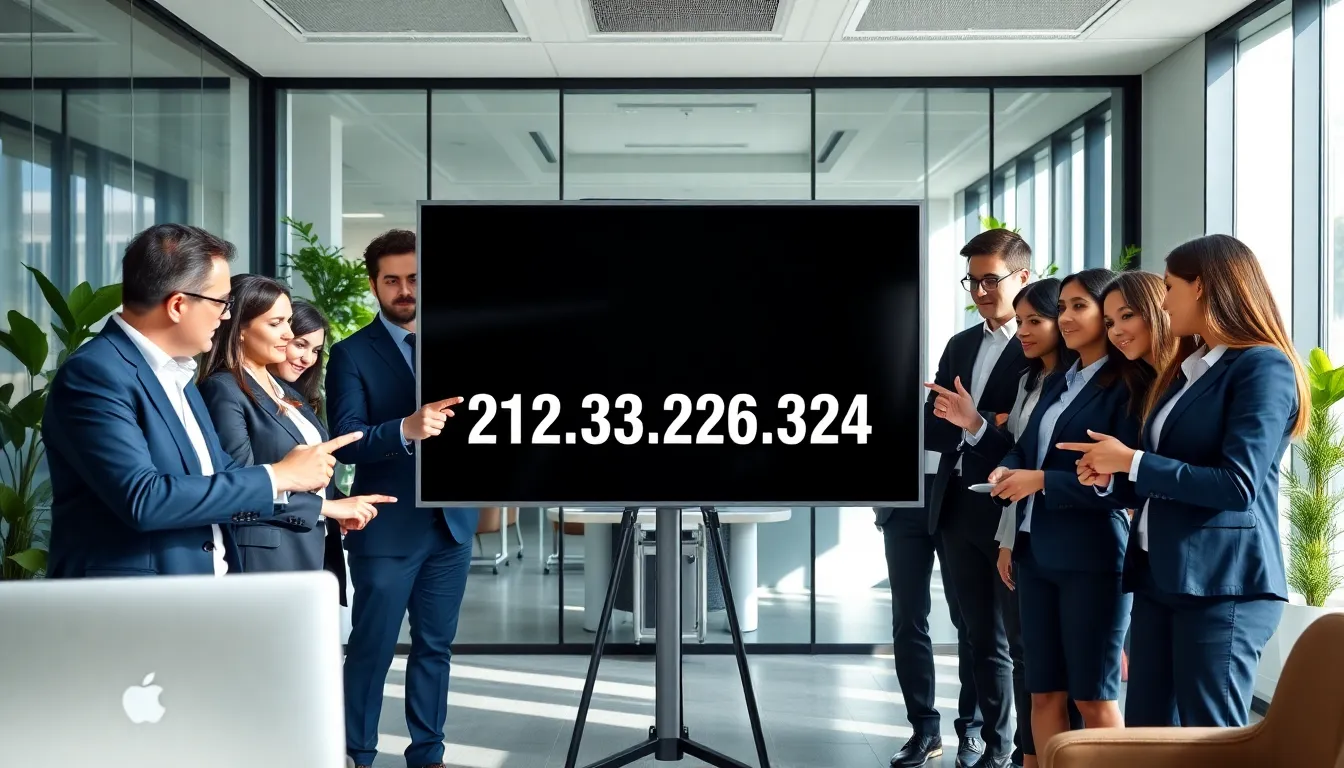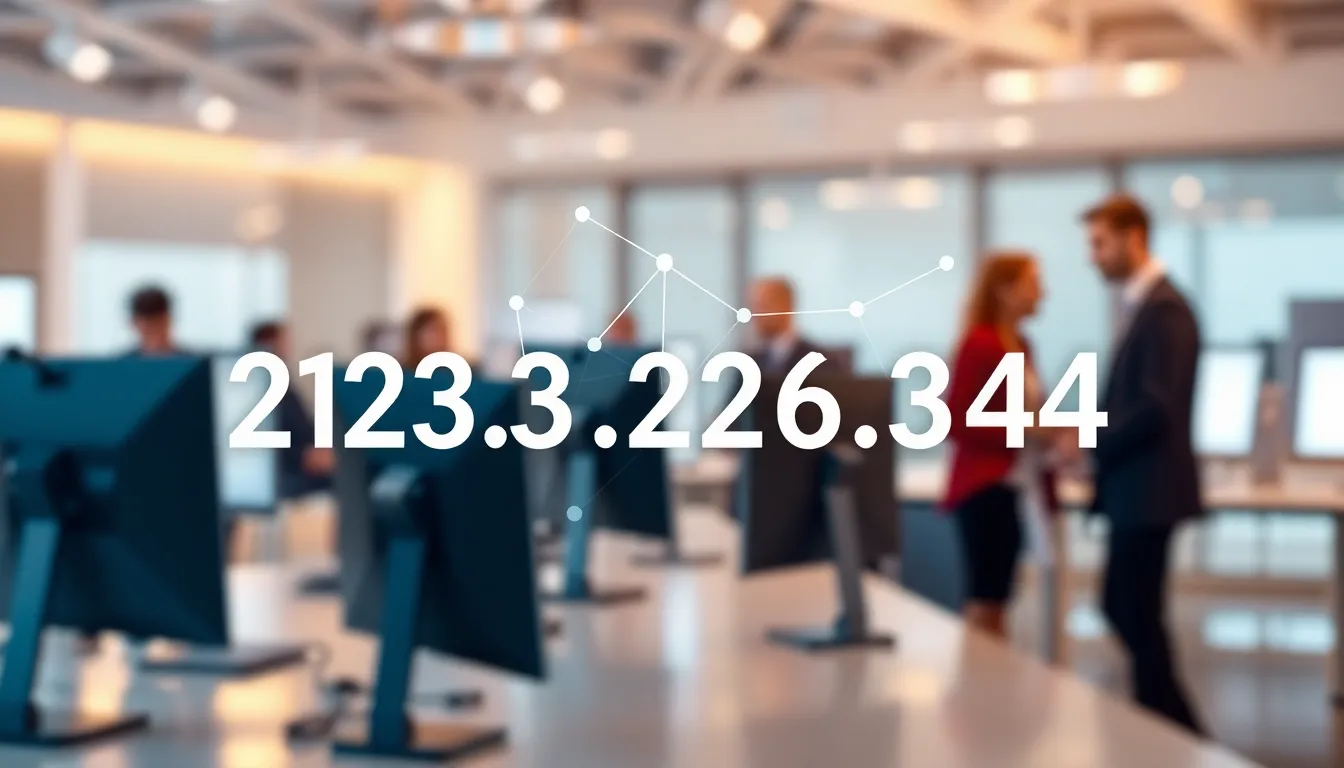
Ever wondered what those numbers mean when you read about IP addresses? Welcome to the wild world of digital identification, where every device gets its own unique tag. Yes, behind that seemingly random string of numbers lies a realm of fascinating insights, especially when you’re diving into 212.32.226.324. Let’s uncover the secrets of IP addresses and, specifically, what makes this one tick, all while having a bit of fun along the way.
212.32.226.324

An Internet Protocol (IP) address is like the mailing address for your computer in the vast neighborhood that is the internet. Without it, your device wouldn’t be able to communicate with others, and you wouldn’t be able to binge-watch cat videos or shop online. Think of it as a digital passport: it identifies devices on a network, allowing them to send and receive information.
IP addresses come in two main varieties: IPv4 and IPv6. IPv4 addresses, like our beloved 212.32.226.324, are composed of four numbers, each ranging from 0 to 255, separated by dots. On the other hand, IPv6 was introduced to accommodate the growing number of devices online and uses a longer format, employing both numbers and letters.
In simpler terms, an IP address is essential for internet navigation, ensuring that data is routed correctly to its intended destination.
Types of IP Addresses
IP addresses can typically be categorized into static and dynamic. Static IP addresses, as the name implies, remain constant over time. Businesses often use them for hosting websites or running servers since it provides a reliable point for users to connect to.
On the flip side, dynamic IP addresses are more like the nomads of the digital world, they change over time. Most ISPs assign dynamic addresses to residential customers for cost efficiency and ease of management.
Also, there’s public and private IP addresses. Public IP addresses are visible to the internet, allowing anyone to access your network, while private addresses are used within a local network. So, your router might have a public IP, but the devices connected to it have private ones, keeping things organized and secure.
Exploring the Specificity of 212.32.226.324
Diving deeper into 212.32.226.324, we find that it’s not just an arbitrary number string. This specific address is registered to a particular company, often providing unique insights into its usage and origin.
Tracing the Origin of 212.32.226.324
Tracing 212.32.226.324 back to its roots, one can find information about its owner, which could be an organization, a business, or an individual using a service provider. Various tools are available for IP tracing, and they display data like the ISP, the organization, and sometimes even the city or country of residence.
Geolocation and Usage
Geolocation is where things get interesting. When you hear about IP addresses giving away locations, it’s not just a conspiracy theory. 212.32.226.324 can provide an approximate location of the device using it. This geographical mapping aids businesses in targeting their services and advertisements more efficiently. Plus, it can create a unique browsing experience for users, tailoring content based on their region. But beware, the effectiveness of this feature can sometimes be limited by factors such as VPNs or proxies.
Common Issues Related to IP Address Variations
While IP addresses are crucial for functionality online, they come with their own set of complexities and issues.
Security Implications of IP Address Tracking
Tracking IP addresses has raised significant security concerns. Cybercriminals can exploit IP address information to launch attacks, trace users’ activities, and even infringe on privacy. Knowing how to secure your IP and understand its implications is increasingly important in today’s internet usage. Awareness is the first step in safeguarding personal data and maintaining online anonymity.
How to Protect Your Online Privacy
To protect one’s online privacy, using a Virtual Private Network (VPN) is a popular method. VPNs mask your true IP address, making it nearly impossible for anyone to trace your online activities back to you. Plus to VPNs, regularly updating the privacy settings of various online accounts and being cautious about sharing personal information can significantly enhance protection.


